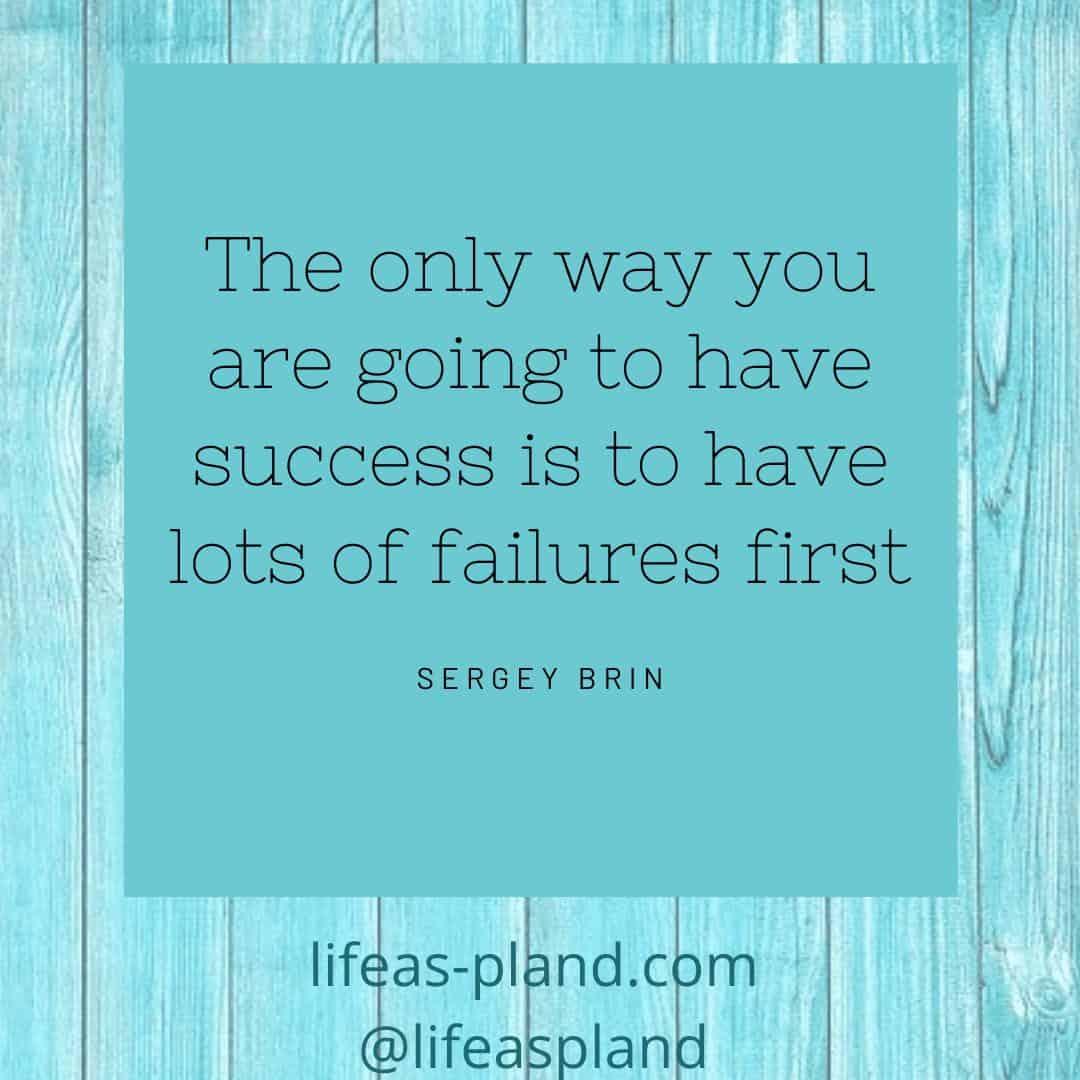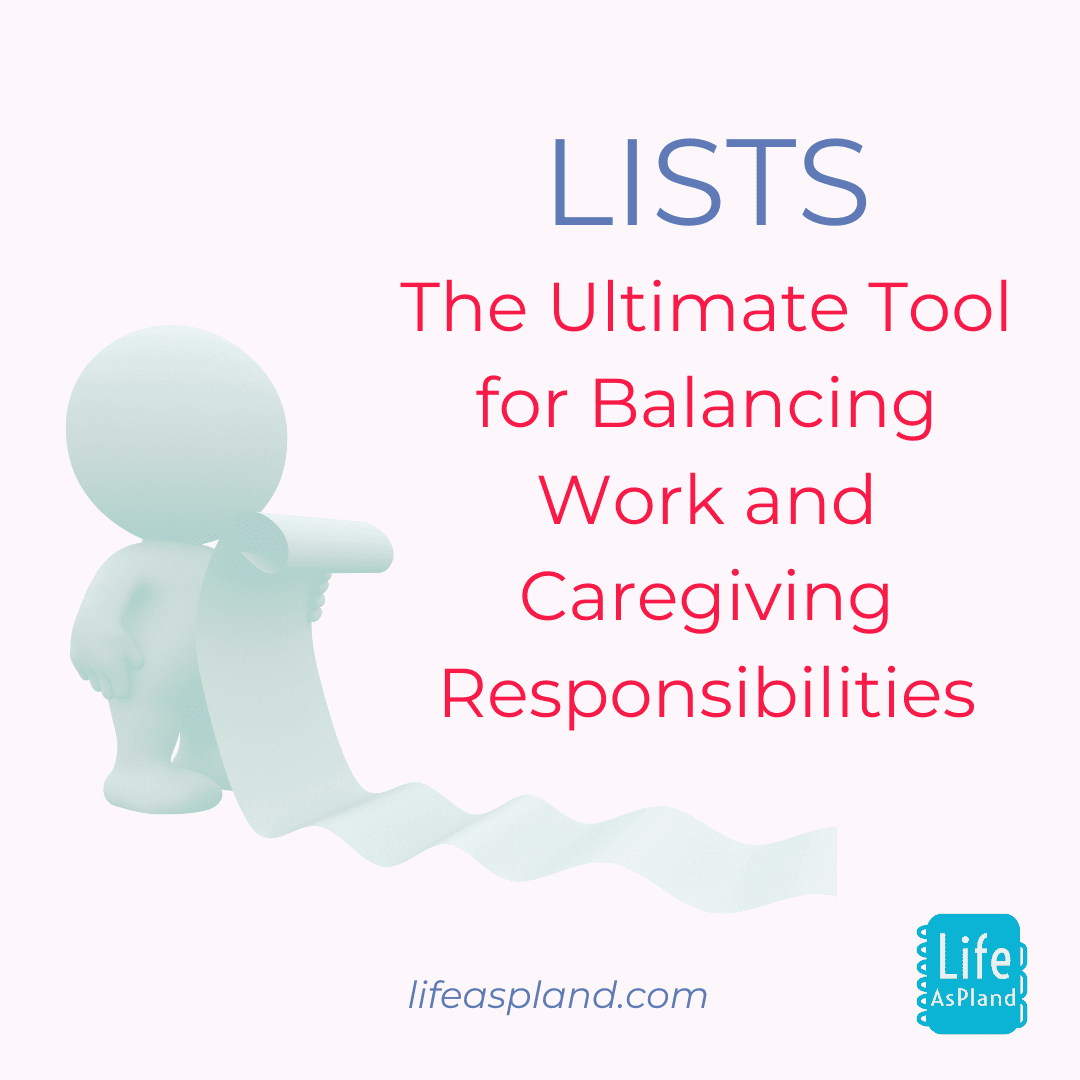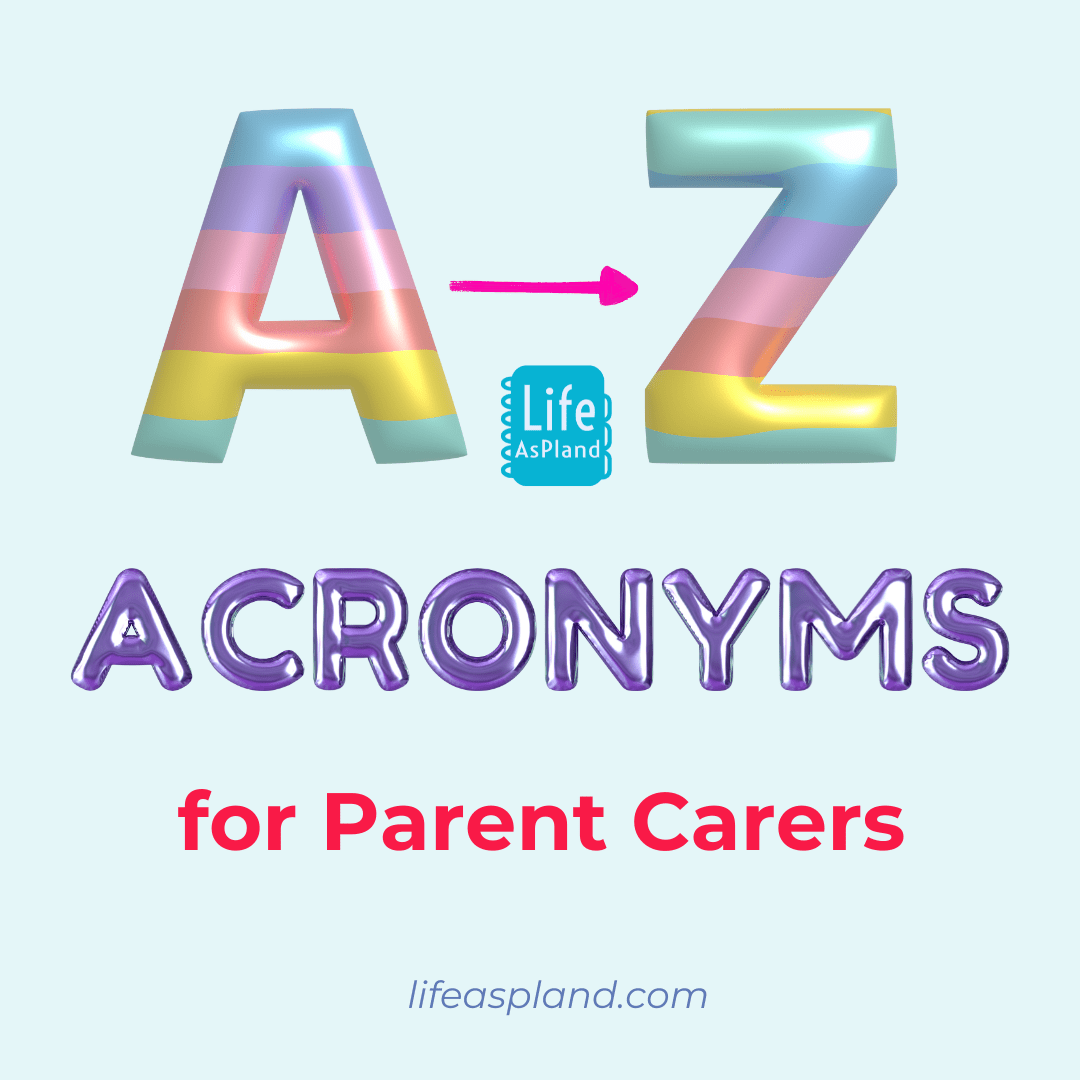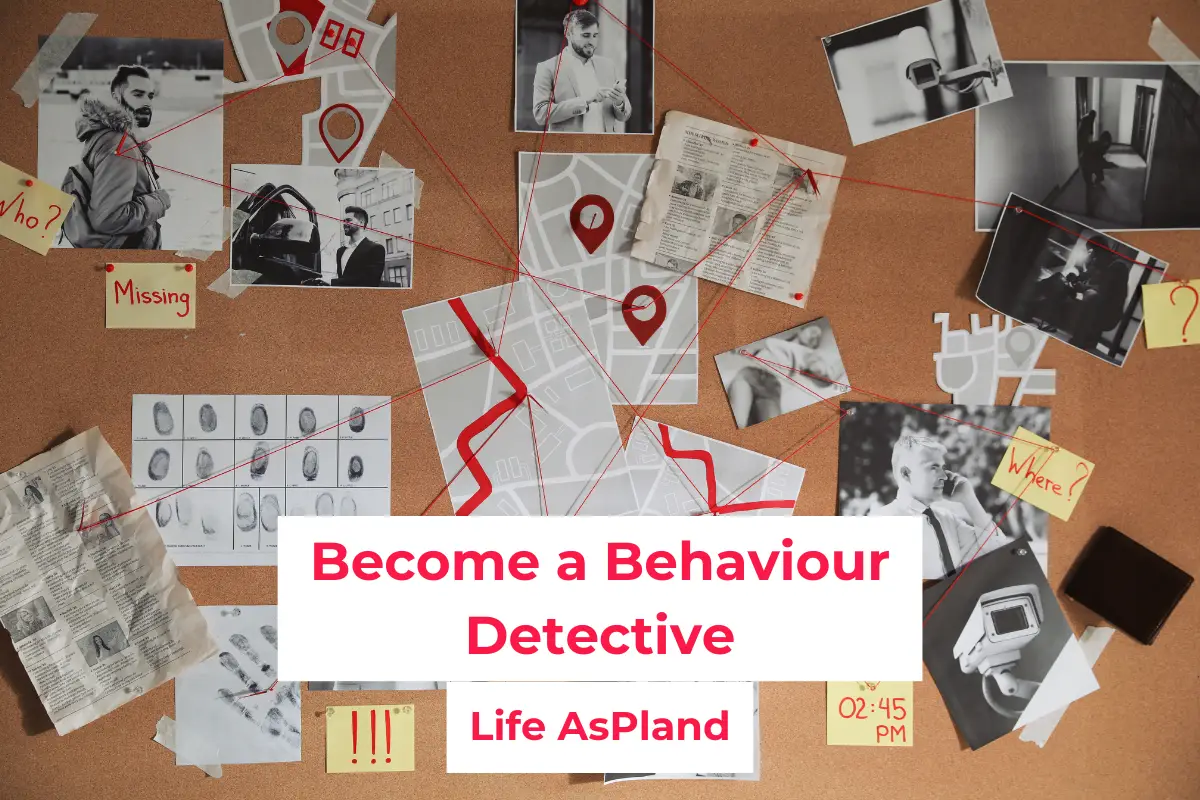Fear of Failure
Why are we so afraid of failure?
Failure means different things to different people; due to our upbringing, beliefs, values and obviously the standards we set for ourselves.
Failure for one person may not be a failure for someone else.

First of all, you need to really be clear about what failure means to you and why.
Think about something you are not doing and then think of all the reasons you are giving yourself for not doing it. What would it look like if you failed?
What if someone laughs? What if it just confirms that I don’t know what I am talking about? What if it makes people think I think I am better than they are? What if I really don’t know enough? What if they say no?
Think then of where these fears came from?
What made you first start thinking that failure was not an option? Where did you learn about failure?
How to move forward?
You can choose to never do anything new ever again.
You can watch life from the sidelines and never experience the joy of achieving something you weren’t 100% sure you could do.
Or alternatively,
You can realise that failing at something doesn’t make you a failure, it just means this attempt didn’t work.
You can see it as part of the road to success.
You can learn from it. “Doing it that way doesn’t quite get me the result I expected, so what will?”
One of the best ways to face the fear is to think about times when you have not given up?
Think about when your child was starting to walk. Did they fall down on more than one occasion? Did you encourage them to stop after the first few attempts?
No, you cheered them on and encouraged them “come on, come to mummy/daddy, you can do it”.
Even something simple like the first time you made hummus or a cake. Was it lumpy as anything or so thick you could use it as a concrete substitution? Did you give up?
Outcomes
Another way is to think about all the outcomes and the worst case scenarios.
For example if you do a Facebook Live talking about a subject you are passionate about,
Outcome 1 – some people may think “who does she think she is?”
Outcome 2 – Some people may watch it and think “wow, I didn’t know that” or “I love her honesty/sense of humour/the way she tells me in language I understand”
Outcome 3 – Some people may watch it and think “this is not something I’m interested in”
Worst case scenario – everything goes wrong and you say the wrong thing, you totally freeze or your mic doesn’t work.
So what? Did the world end? Are your family safe? Did it cost you this month’s rent? If no, so what?
If you can see this as a learning opportunity and work out why you said what you did or why you froze as soon as you went live, you can work out how to avoid that in future – “froze/said wrong thing so perhaps a few prompts on a post-it may help next time?”
Others have failed first
Oprah Winfrey was fired from her first TV job.
J K Rowling was turned down by 12 publishers before one took her on.
Walt Disney was told his work lacked imagination.
Stephen King has his first book rejected 30 times
Michael Jordan was cut from his high school basketball team because his coach believed he lacked the relevant skills.
Each of those people have said that failing helped them to succeed.






